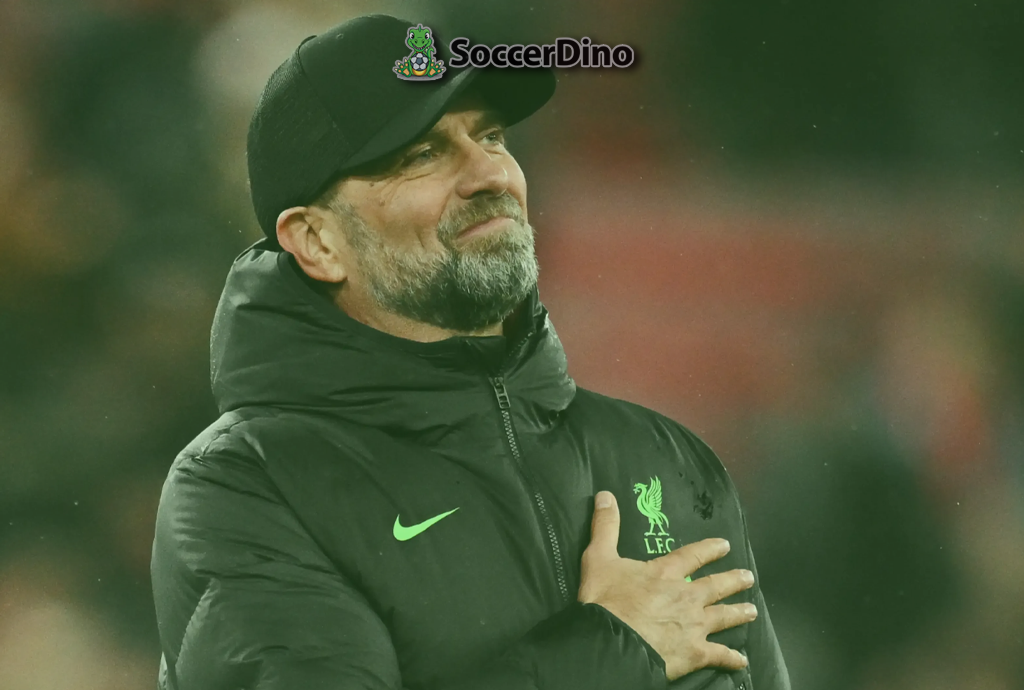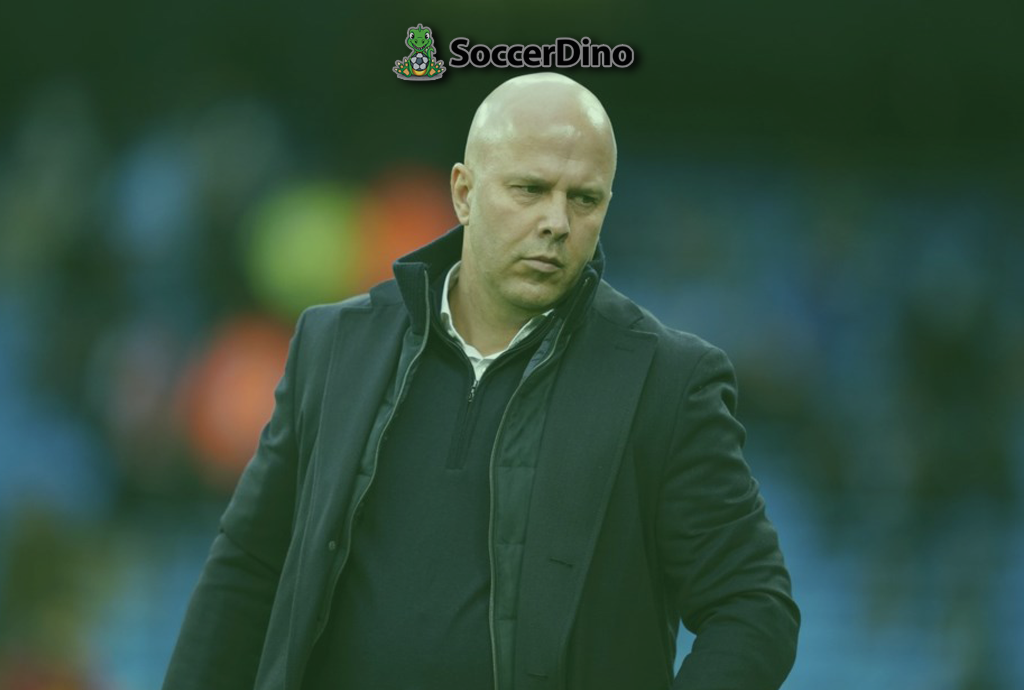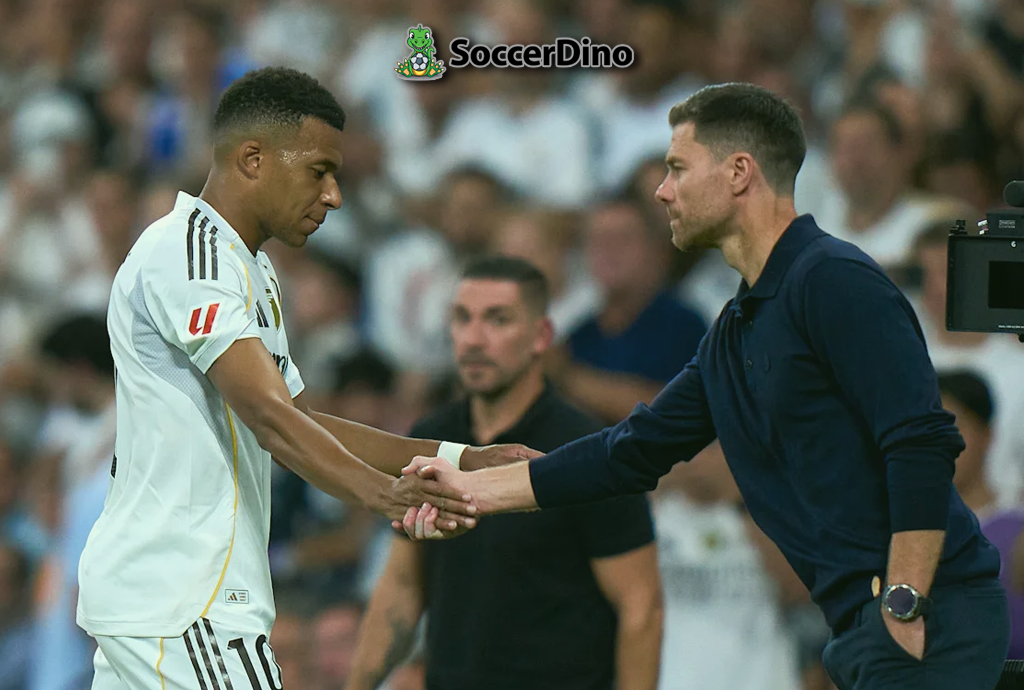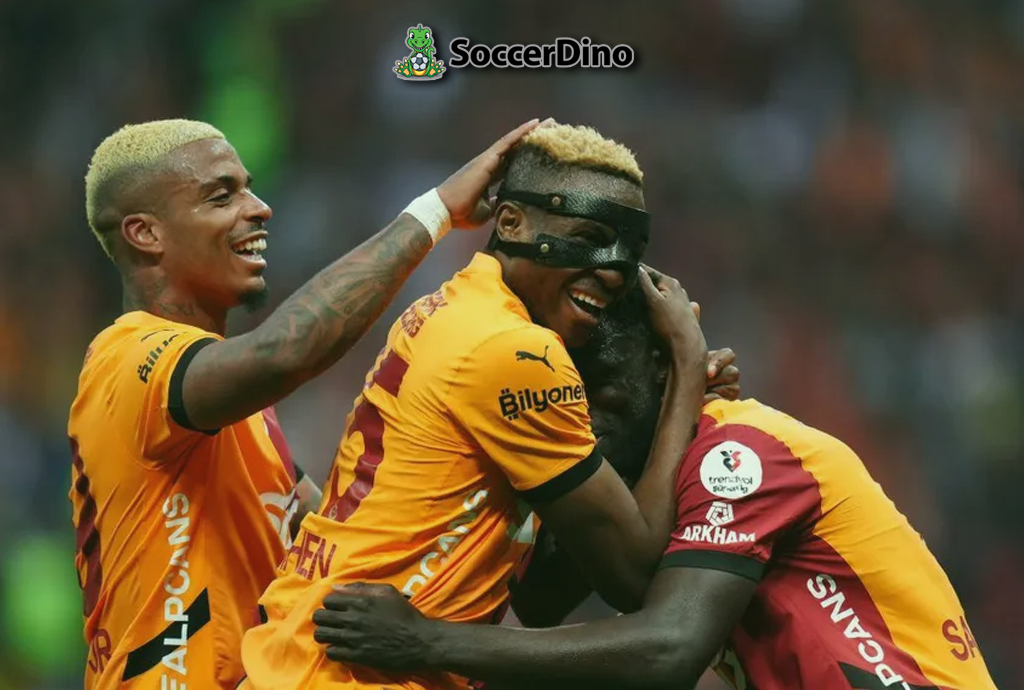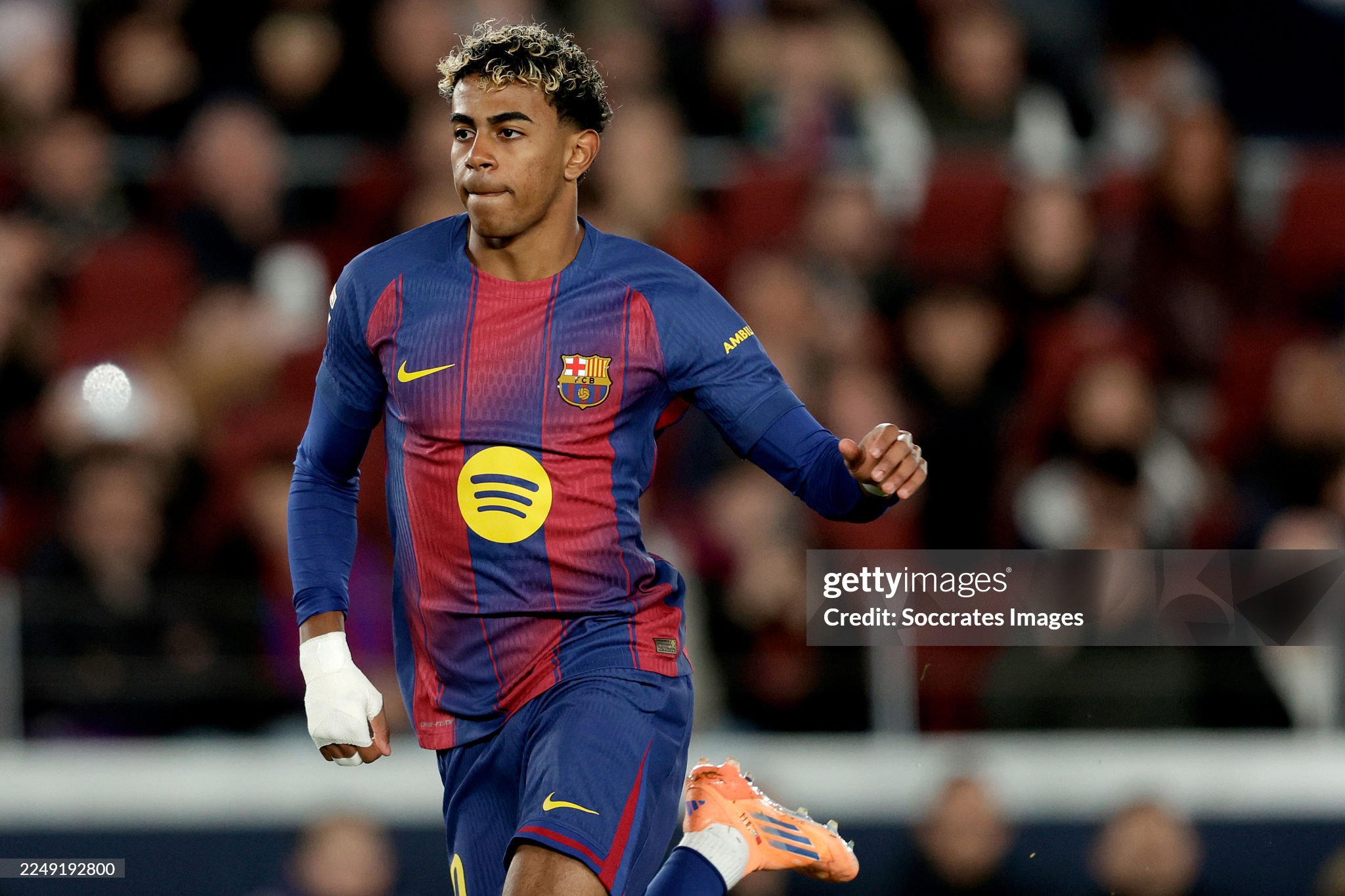The legendary Roma captain recalled an Italian Cup final, lost to José Mourinho's Inter in 2010, where he was sent off in the 87th minute for deliberately kicking Mario Balotelli violently.

Francesco Totti, widely regarded as one of the greatest players in Roma's history, reflected on a defining moment in his career that he wishes he could change.
During an interview on Monday, the former captain was asked about his biggest regret, and he pointed to an infamous incident in the 2010 Coppa Italia final. Roma faced Inter Milan, led by José Mourinho at the time, and in the 87th minute of a tense match, Totti was shown a red card for violently kicking Inter's Mario Balotelli. That moment, he admits, remains a source of regret, as Roma went on to lose the final 1-0.
“If I could go back, I wouldn’t have made that bad gesture towards Mario Balotelli,” Totti confessed. He emphasized the importance of maintaining respect and a competitive spirit, even when facing an opponent. "Respect and a competitive spirit towards an opposing player are important. We have to set the right example for kids who want to pursue a career in sports, and at that moment, I didn’t,” he said, lamenting how his actions in that game did not reflect the values he holds dear. Totti's reflection was shared in an interview with La Gazzetta dello Sport, where he spoke candidly about the weight of that decision and its impact on him.
Beyond this isolated incident, Totti opened up about a more personal struggle: life after football. Now 48, the former forward, who retired from professional football in 2017 after spending his entire playing career at Roma, reiterated how difficult it has been to adjust to life outside the sport. He has often expressed a sense of disorientation and unease about what the future holds without the daily rhythms and demands of football.
“Unfortunately, I still feel detached,” he admitted. “That was something I said during my last game. I felt it, I thought it, and I still do it’s a normal thing,” Totti explained, describing the emotions many athletes experience after retirement. He highlighted how, after years of competing at the highest level and enjoying unforgettable moments, the sudden departure from the game can leave players feeling unsure about what comes next. “We, footballers, after years of competition and joyful moments, get a bit scared about leaving the sport because when you leave something you love, you never know what you’ll find next,” he added. For Totti, the transition from player to civilian life has been daunting, especially as he watches the current generation of players who, in his view, lack the same deep connection to their clubs and the game that he once had. "Nowadays, no one in Serie A has the same connection to the jersey that I had," he noted. "But everyone lives their passion for the sport in their own way."
During the interview, Totti was also given the chance to create his "perfect footballer" by selecting attributes from a variety of iconic players. He enthusiastically participated, combining the best traits from some of the sport’s most famous names. "He should have Cristiano Ronaldo’s right foot, Maradona’s left foot, [Luca] Toni’s heading ability, Ronaldo Fenómeno’s speed, Messi’s dribbling, Bellingham’s physique, and my vision of the game," Totti said with a smile. This hypothetical creation underscores his deep knowledge and appreciation of the game’s finest talents, as well as his confidence in his own unique abilities, particularly his famed vision and footballing intelligence, which made him a beloved figure at Roma for over two decades.
Totti’s openness in discussing both his regrets and his ongoing challenges after football highlights the vulnerability that comes with being a legend of the game. While he achieved extraordinary success, his reflection on the mistakes he made and the challenges of life after football show the human side of a player who was once seen as untouchable on the pitch. His reflections offer insight not only into his personal journey but also into the broader struggles that many athletes face when their playing days are over.
